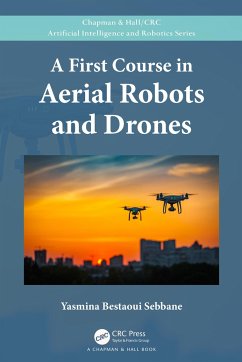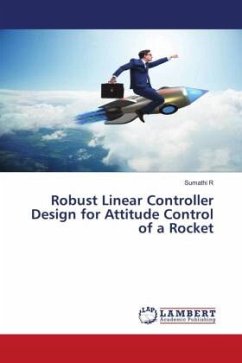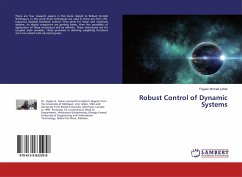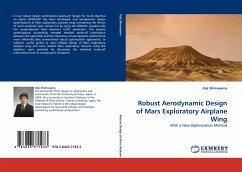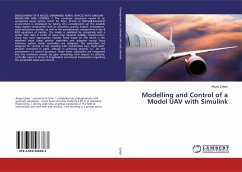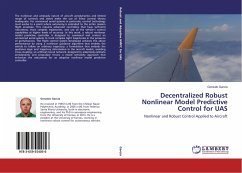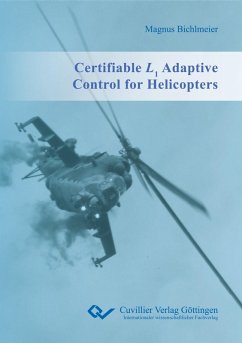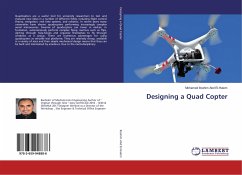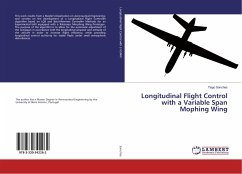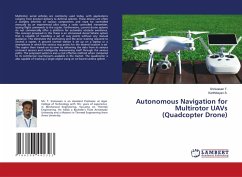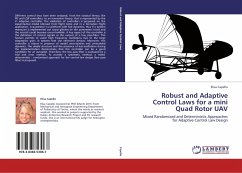
Robust and Adaptive Control Laws for a mini Quad Rotor UAV
Mixed Randomized and Deterministic Approaches for Adaptive Control Law Design
Versandkostenfrei!
Versandfertig in 6-10 Tagen
45,99 €
inkl. MwSt.

PAYBACK Punkte
23 °P sammeln!
Different control laws have been analyzed, from the classical theory, like PD and LQR controllers, to an innovative theory, that is represented by the L1 adaptive controller. The validation of controllers is proposed on the experimental model (derived from flight tests) and in a formation flight application. A quadrotor is a platform with fast dynamics, thus if a sudden maneuver is implemented can cause glitches on the parameters trend and the aircraft could become uncontrollable. A key aspect of this controller is the definition of control signals as the output of a low pass-filter. This feat...
Different control laws have been analyzed, from the classical theory, like PD and LQR controllers, to an innovative theory, that is represented by the L1 adaptive controller. The validation of controllers is proposed on the experimental model (derived from flight tests) and in a formation flight application. A quadrotor is a platform with fast dynamics, thus if a sudden maneuver is implemented can cause glitches on the parameters trend and the aircraft could become uncontrollable. A key aspect of this controller is the definition of control signals as the output of a low pass-filter. This feature permits to avoid high frequency oscillations due to the large adaptation gain; in systems that use electronic devices. Moreover, this controller is robust in presence of model uncertainties and unmodeled dynamics. The simple structure and the presence of less oscillations during the implementation demonstrate that this controller can be a good candidate for an autopilot. Therefore, the low pass filter is evaluated by a trial and error method. To provide a systematic method, a mixed deterministic - randomized approach for the control law design (low pass filter) is proposed.



